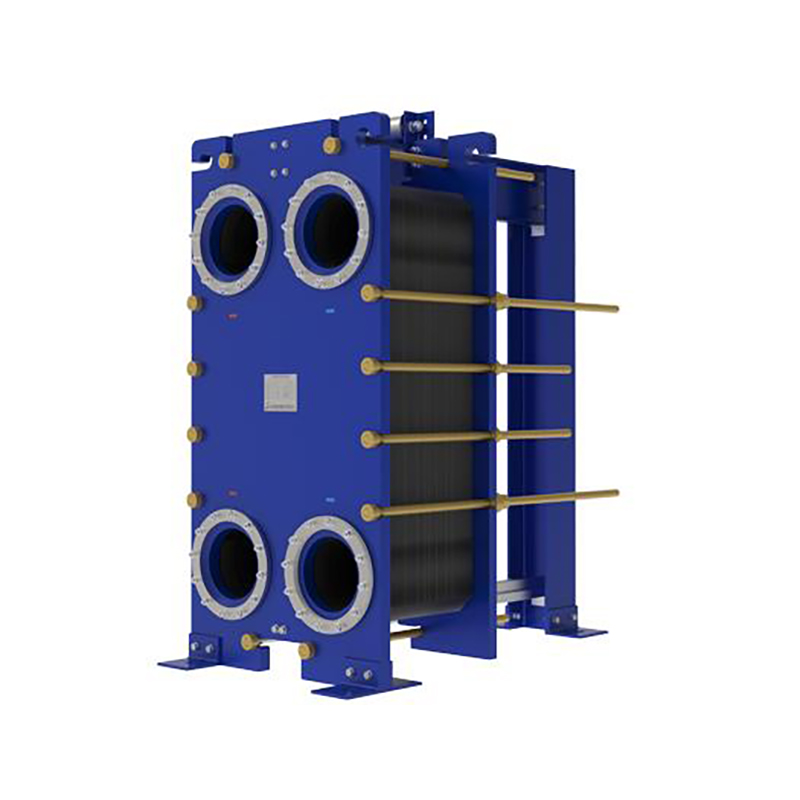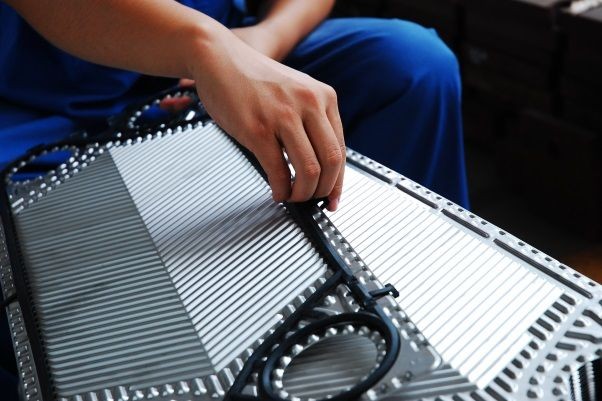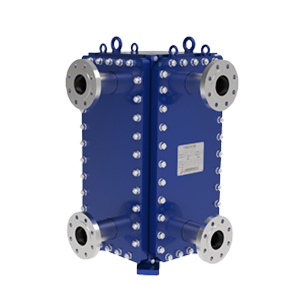5 key roles of plate heat exchanger gaskets.
Plate heat exchanger gaskets perform 5 key roles: ...
More
A heat exchanger cooler is a critical industrial device designed to transfer heat from one medium to another, ensuring efficient temperature regulation in various applications. These systems are widely used in industries such as power generation, chemical processing, oil and gas, and HVAC to maintain optimal operational conditions. By leveraging advanced materials like stainless steel or titanium, heat exchanger coolers provide durability and high thermal conductivity, making them indispensable for processes requiring precise heat management.
Heat exchanger coolers operate on principles like conduction, convection, or radiation, depending on the design—such as shell-and-tube, plate, or air-cooled variants. They are engineered to handle extreme temperatures and pressures, ensuring reliability in demanding environments. For instance, in power plants, they prevent overheating in turbines, while in refineries, they cool processed fluids. Modern designs incorporate energy-efficient technologies, reducing operational costs and environmental impact. With customizable configurations, these coolers adapt to specific industry needs, delivering consistent performance and longevity.
Selecting a heat exchanger cooler offers unparalleled advantages in industrial cooling, including enhanced energy efficiency, reduced downtime, and long-term cost savings. Industries prioritize these systems for their ability to maintain stable temperatures, which is crucial for process integrity and equipment lifespan. For example, data centers using liquid-cooled heat exchangers report up to 40% lower energy consumption compared to traditional air-cooling methods, as cited by industry reports.
Heat exchanger coolers also excel in scalability and adaptability. Their modular designs allow for easy integration into existing systems, minimizing installation disruptions. Advanced models feature smart monitoring capabilities, enabling real-time performance tracking and predictive maintenance. According to market research, the global heat exchanger market is projected to grow at a CAGR of 5.3% by 2028, driven by demand for sustainable cooling solutions. By choosing a heat exchanger cooler, businesses ensure compliance with environmental regulations while achieving superior thermal management, making them a smart investment for future-proof operations.
Select the most popular foreign trade service products to meet your diverse needs
Learn more about the dynamics and professional knowledge of the foreign trade industry

Plate heat exchanger gaskets perform 5 key roles: ...
More
A gasket in heat exchanger seals surfaces, blocks ...
More
API 662 defines standards for plate heat exchanger...
More
Compare top frame plate heat exchanger models for ...
More
User reviews show the american standard heat excha...
More
You can see clear differences between welded block...
MoreSelect the most popular foreign trade service products to meet your diverse needs
Explore more content related to foreign trade services

User Comments
Service Experience Sharing from Real Customers
John Smith
Mechanical EngineerThe heat exchanger cooler works perfectly in our industrial setup. It's efficient and has significantly reduced downtime.
Emily Johnson
HVAC TechnicianGreat product! The heat exchanger cooler is easy to install and maintain. Highly recommend for commercial HVAC systems.
Michael Brown
Plant ManagerThis heat exchanger cooler has improved our plant's cooling efficiency by 20%. A must-have for any heavy industry.
Sarah Davis
Process EngineerReliable and durable heat exchanger cooler. It has met all our expectations in terms of performance and energy savings.